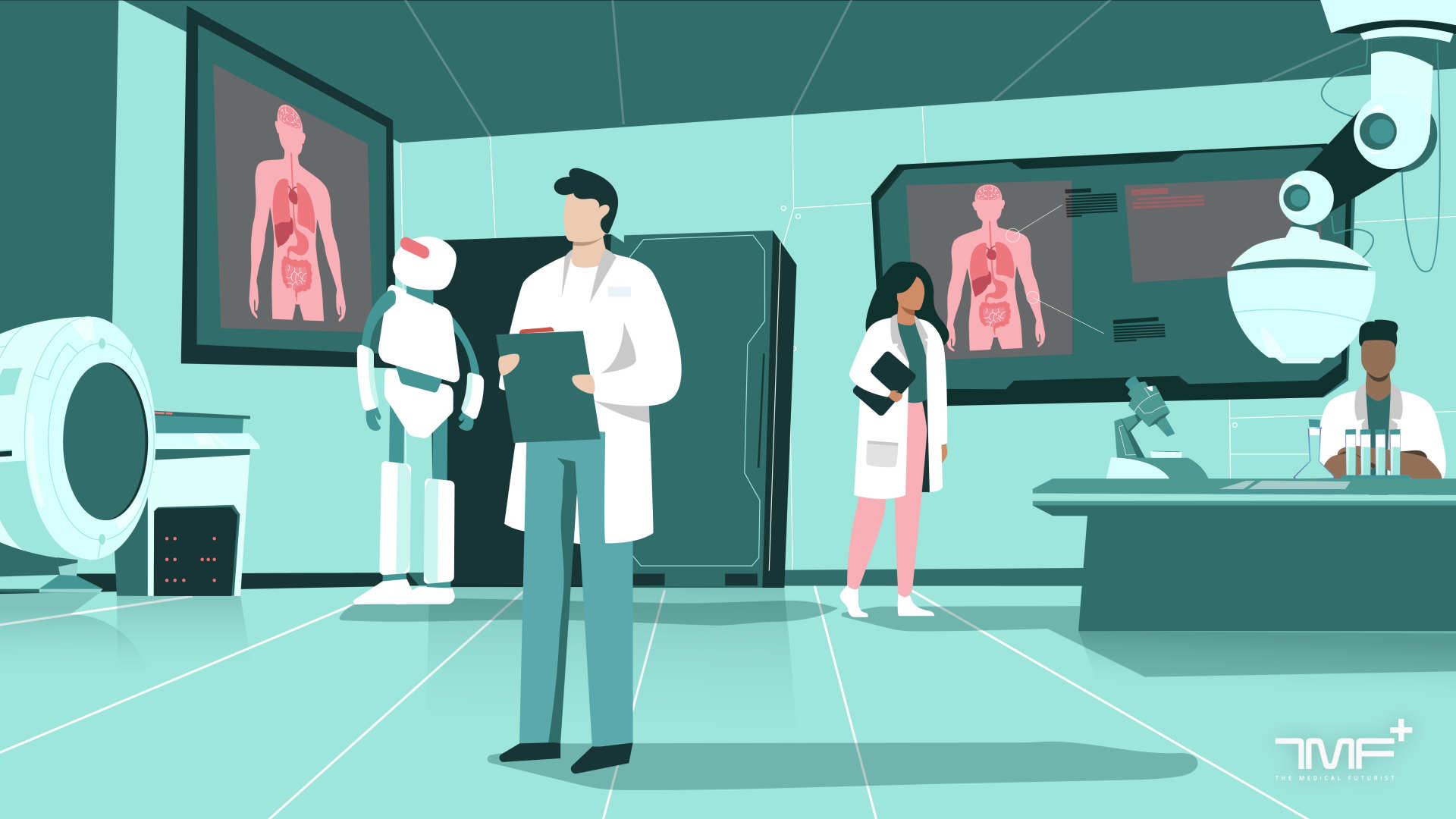
@ShahidNShah


Discover 8 predictions reshaping healthcare: from patient-centric care, and cultural shifts to personalized medicine, and AI teams.
Read on medicalfuturist.com
This article outlines eight key trends that are reshaping the healthcare sector:
Patient-Centric Care: Patients are becoming the focal point of healthcare, aided by digital health tools, reducing dependence on traditional hospital settings. Wearables, telemedicine, and at-home lab tests enable remote monitoring of vital signs.
Globalization of Healthcare: Digital health services offered by companies like Atlas Biomed, Dante Labs, and AliveCor break down geographical barriers, promoting global access to healthcare. Achieving health equity remains a societal challenge.
Remote Care as the Norm: The adoption of remote care, accelerated by the COVID-19 pandemic, includes asynchronous telemedicine, improving efficiency and mitigating physician shortages. It also aligns with sustainability goals, reducing the carbon footprint.
Patient-Designed Hospitals: The shift from patient-centric to patient-designed healthcare involves patients in decision-making processes. Patient design extends to product development, research priorities, and clinical environments, making healthcare more responsive and effective.
Tech Giants in Healthcare: Tech giants like Google, Amazon, Apple, Microsoft, NVIDIA, and IBM are integrating AI, machine learning, and cloud computing to innovate in healthcare. Wearables and health apps empower individuals to manage their health.
Cultural Transformation: Healthcare is moving from a paternalistic model to a partnership-driven paradigm. Patients are more informed and desire collaborative relationships with healthcare providers, facilitated by technology.
Personalized Medicine: Advances in genomics and data analytics enable personalized medicine, tailoring treatments to individual characteristics. Digital twins, virtual replicas of individuals, aid in simulating treatment outcomes.
New Medical Teams: The traditional medical team now includes healthcare professionals, patients, and AI. Empowering patients to actively participate in their healthcare fosters richer, more informed dialogue. AI plays a significant role in diagnostics, treatment planning, and monitoring.
These trends reflect a shift towards patient-centered, global, technology-driven, and collaborative healthcare.
Continue reading at medicalfuturist.com
The South Florida health system is testing an AI-powered system it expects to score big wins for its providers, improving the patient experience along the way.Read on healthcareitnews.com
Posted Oct 5, 2023 Clinical Documentation Artificial Intelligence #Physicianburnout
Connecting innovation decision makers to authoritative information, institutions, people and insights.
Medigy accurately delivers healthcare and technology information, news and insight from around the world.
Medigy surfaces the world's best crowdsourced health tech offerings with social interactions and peer reviews.
© 2025 Netspective Foundation, Inc. All Rights Reserved.
Built on Apr 17, 2025 at 6:07am